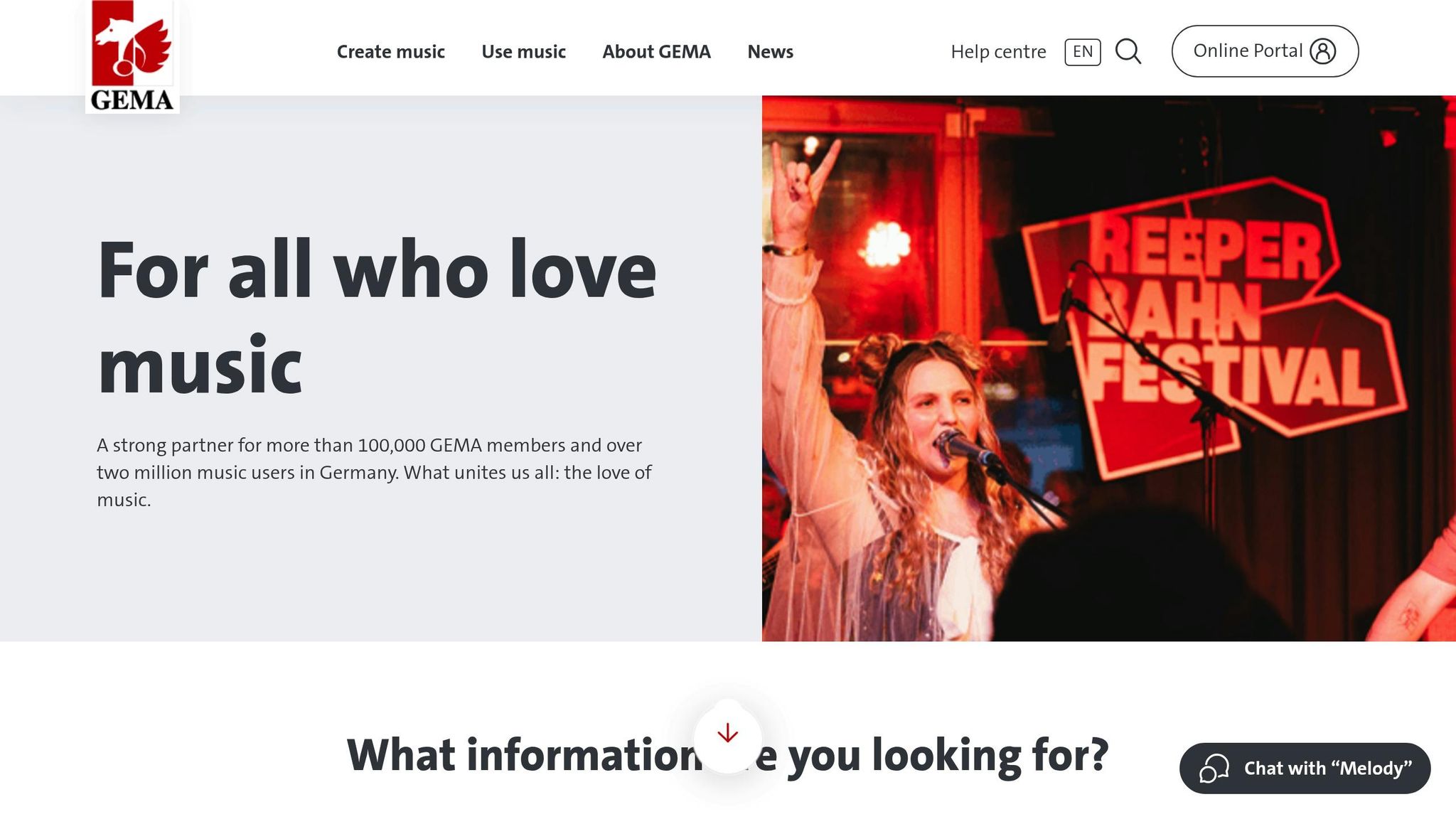A groundbreaking legal battle between GEMA, Germany’s prominent music collecting society, and OpenAI is underway in Munich, poised to reshape the way artificial intelligence (AI) interacts with copyright law. At the center of the dispute is OpenAI’s generative AI tool, ChatGPT, which GEMA claims has been unlawfully trained with copyrighted song lyrics from its artists without proper licensing. The case could have far-reaching consequences for creators, AI developers, and copyright frameworks globally.
The Core of the Dispute
GEMA argues that OpenAI has infringed on the intellectual property rights of its approximately 100,000 members by using their song lyrics in AI training and outputs without securing the necessary permissions. According to the organization, this practice not only bypasses existing copyright laws but denies fair compensation to creators whose works are exploited by AI systems. The society aims to set a precedent requiring AI companies to license creative content used in their development processes.
The lawsuit, first heard in Munich, is significant as one of the first of its kind in Europe, addressing the legal and ethical questions surrounding generative AI systems and their use of copyrighted materials. OpenAI has not publicly disclosed the specific datasets used to train ChatGPT, further intensifying scrutiny over potential copyright violations.
Legal and Industry Implications
At the heart of the legal conflict is a critical question: should AI developers be required to obtain licenses for copyrighted material used in training their models? GEMA’s position is clear - generative AI tools must adhere to copyright laws just as any other medium would. A ruling in favor of GEMA could compel AI providers to reassess their data usage policies and establish licensing agreements for training datasets.
The case also highlights the broader need for updated legal frameworks to address the evolving challenges posed by AI technologies. Industry experts suggest that resolving these issues will require practical solutions that balance technological innovation with the protection of intellectual property. If successful, this lawsuit could lead to increased licensing costs for AI companies but also create new revenue streams for artists and content creators.
Broader Legal Trends
GEMA’s lawsuit against OpenAI is part of a larger global trend of copyright enforcement in the era of AI. Similar cases have emerged worldwide, including lawsuits in the United States against major tech companies like Microsoft and OpenAI, which have been accused of using copyrighted content as training data without authorization. For instance, publishers such as The New York Times have pursued legal action to protect their intellectual property from unlicensed use by AI developers.
These cases underscore a growing international demand for clearer copyright standards in generative AI systems. The GEMA lawsuit, specifically, has drawn attention to how creative works - whether song lyrics, text, or code - are often used without explicit consent in the development of AI technologies.
GEMA’s Broader Strategy

In its legal battle against OpenAI, GEMA has also filed a similar lawsuit against Suno Inc., another AI company accused of copyright infringement. This strategy demonstrates GEMA’s dedication to enforcing copyright laws in the AI domain and ensuring fair compensation for creators. The organization has introduced initiatives like the AI Licensing Model and AI Charter, which aim to provide clear principles for the ethical and lawful use of copyrighted music in AI applications.
These efforts mark a significant step toward creating a standardized licensing framework for AI-generated content. If adopted broadly, such frameworks could reshape the economic relationships between creators and AI developers, ensuring that both parties benefit fairly from technological advancements.
Public Reaction and Industry Scrutiny
Public opinion about the case has been largely supportive of GEMA’s efforts to protect creators’ rights. The lawsuit emphasizes the importance of respecting intellectual property in an era where AI can easily replicate creative works. According to industry analysts, the case could prompt much-needed legislative reforms to clarify the rights and obligations of AI providers, further enhancing protections for artists.
Legal experts are closely monitoring the proceedings, as the outcome could set a precedent with global implications. A ruling in GEMA’s favor could encourage other copyright collectives to pursue similar actions, potentially reshaping the financial dynamics of both the music industry and the tech sector.
The Path Forward for AI and Copyright
The GEMA vs. OpenAI case is not just a legal dispute but a key moment in the ongoing negotiation between innovation and intellectual property. If successful, GEMA’s efforts could inspire the establishment of international guidelines for AI training and usage. These guidelines would aim to reward creators while allowing AI technologies to thrive within a legally compliant framework.
As the case progresses in Munich, its implications are being felt far beyond Germany’s borders. The legal battle signals a critical step toward adapting copyright laws to the realities of the digital age, ensuring that advancements in AI development do not come at the expense of creative integrity. Whether this will lead to widespread industry reforms or heightened tensions between technology and creativity remains to be seen. The world now watches closely as this landmark case unfolds.